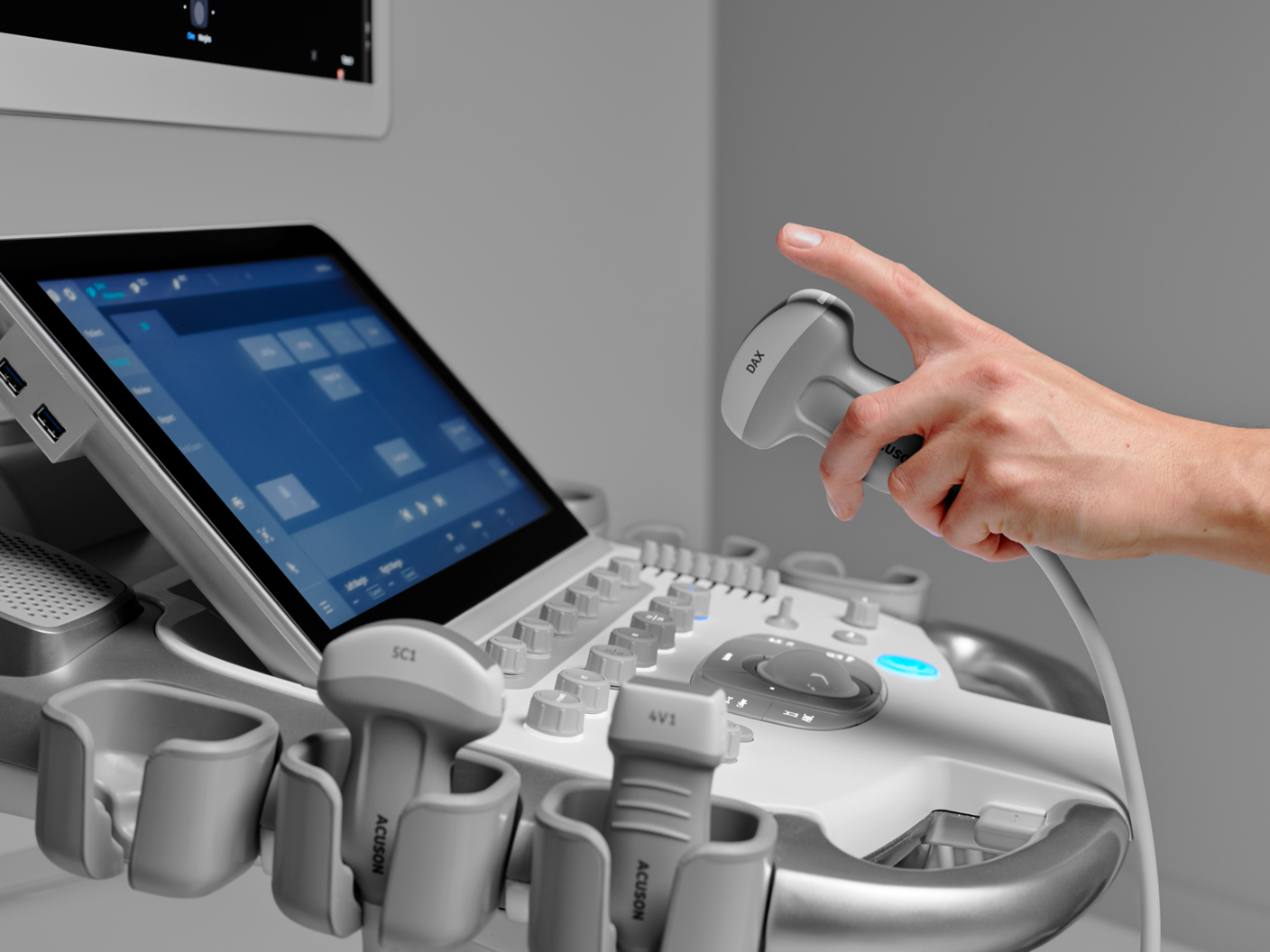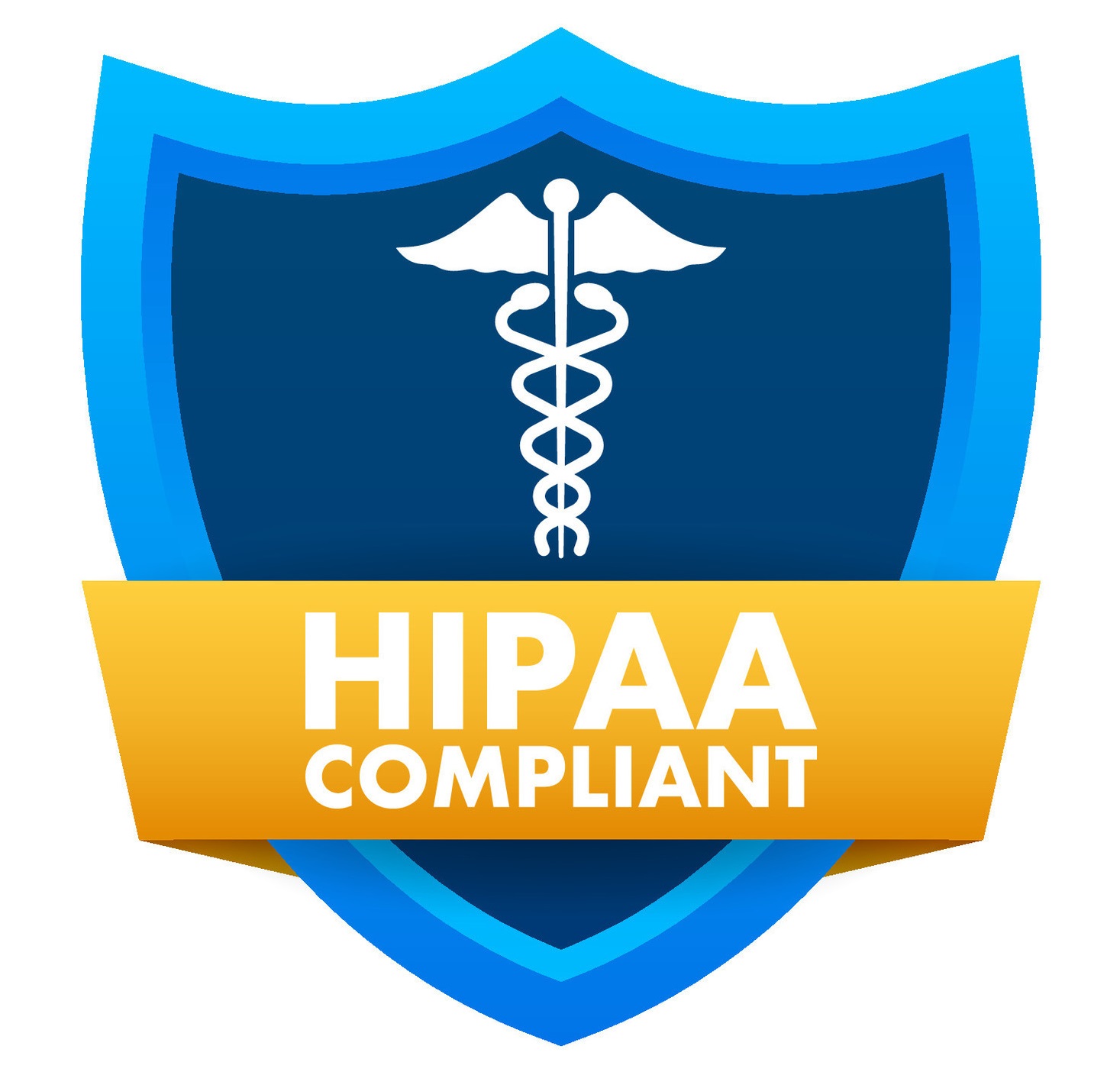Healthcare Security Solutions
Protect Legacy Medical Systems from Modern Threats
Healthcare Security Challenges
Healthcare organizations face unique cybersecurity challenges, especially with legacy systems that store sensitive patient data yet often lack modern security capabilities.
Legacy Systems at Risk
FileSure's healthcare security solutions provide comprehensive protection for legacy medical systems vulnerable to modern cyber threats. Our specialized file system security prevents ransomware attacks and data breaches while maintaining HIPAA compliance, all without requiring expensive equipment replacement.
According to industry research, healthcare remains one of the most targeted sectors for ransomware attacks, with threat actors specifically targeting vulnerable legacy systems.
- Outdated operating systems lacking security patches
- Specialized applications that cannot be easily replaced
- Connected medical devices with minimal built-in security
- Limited IT resources for security monitoring


Regulatory Compliance Pressure
Beyond the threat of data breaches, healthcare organizations must comply with HIPAA and other regulations that require:
- Strict access controls on patient data
- Comprehensive audit trails of all data access
- The ability to detect unauthorized access attempts
- Measures to prevent data exfiltration
- Regular security assessments and documentation
Non-compliance can result in significant financial penalties, reputational damage, and legal liability.
FileSure Healthcare Security Solutions
ByStorm Software's FileSure product line provides healthcare-specific security solutions that protect legacy systems through innovative file system security.
File System Protection
FileSure intercepts file operations at the system level, allowing you to monitor and control how files are accessed, modified, or deleted.
This prevents ransomware from encrypting your files and stops malicious programs from executing, even on systems that can't run modern anti-malware solutions.
Granular Access Control
Implement rules that restrict file access based on program name, ensuring that only authorized applications can access sensitive patient data.
For example, you can configure rules that allow only approved applications to read or modify electronic health records, preventing unauthorized data access.
Comprehensive Auditing
Track all file access attempts with detailed logs that include who accessed the data, which application was used, and what actions were performed.
These audit trails provide the documentation needed for HIPAA compliance and help identify potential security incidents.
Malware Prevention
Block unauthorized executables from running on your systems by implementing rules that prevent program files (*.exe, *.dll, etc.) from being written or modified.
This creates a powerful defense against ransomware, keyloggers, and other malicious software, even on systems where traditional anti-virus solutions cannot be installed.
Medical Device Protection
Secure connected medical devices running on Windows operating systems by controlling file operations and preventing unauthorized modifications.
FileSure works at the file system level, providing security without interfering with the device's critical functions or FDA-approved software configurations.
Flexible Deployment Options
Choose the deployment model that best fits your healthcare organization's needs:
- Basic Malware Protection for legacy systems
- Full Enterprise Deployment with complete console
- MSP-Managed Solution for outsourced security
HIPAA Compliance Support
Access Controls
Implement technical safeguards to restrict access to PHI as required by the HIPAA Security Rule.
Audit Controls
Record and examine activity related to PHI access with detailed logs of all file operations.
Integrity Controls
Prevent unauthorized alterations to PHI by controlling which applications can modify patient data files.
Application Access Control
Enhance your authentication systems by ensuring PHI can only be accessed through authorized applications, preventing data access even if unauthorized users gain system access.
Transmission Security
Protect PHI from unauthorized access during electronic transmission by monitoring file operations.
Documentation
Generate the reports and audit logs needed to demonstrate compliance during HIPAA audits.
Healthcare Use Cases
See how healthcare organizations use FileSure to protect legacy systems and secure patient data.
Regional Hospital System
A multi-location hospital system implemented FileSure Defend to protect legacy EHR systems that could not be replaced due to integration requirements with specialized medical equipment.
FileSure prevented unauthorized applications from accessing patient records and protected against ransomware by blocking executable file modifications across all workstations.
Independent Medical Practice
A small medical practice with no dedicated IT staff used FileSure Cloud to secure their patient management system running on older Windows workstations.
The cloud-based management allowed them to implement pre-configured security rules with minimal setup, ensuring HIPAA compliance without technical expertise.
Radiology Center
A specialized radiology center protected their imaging systems by implementing FileSure through their managed service provider.
FileSure created rules that allowed only approved diagnostic applications to access image files, preventing data theft and ensuring the integrity of diagnostic images.
Long-term Care Facility
A nursing home with limited IT resources deployed FileSure to protect resident health information stored on legacy administrative systems.
FileSure's audit capabilities allowed them to track all access to resident files, simplifying compliance reporting and identifying potential security issues.
Healthcare Security Resources
Download our exclusive resources to learn more about protecting healthcare systems from modern cyber threats.
Executive Summary
Quick overview of FileSure for Healthcare, including ransomware statistics and protection strategies for legacy medical systems.
Technical Overview
Detailed technical documentation on how FileSure protects legacy medical systems using file system filter technology.
Ransomware Protection Report
Healthcare ransomware statistics and detailed analysis of how FileSure prevents attacks on critical healthcare infrastructure.
